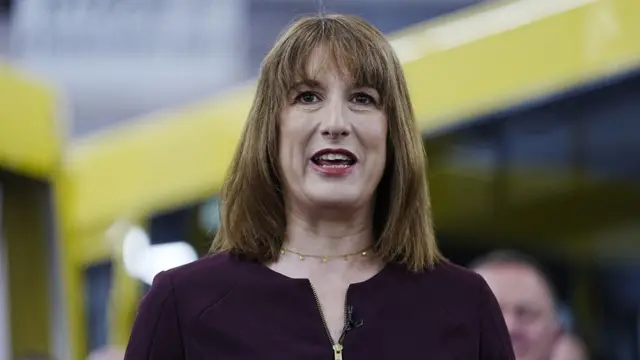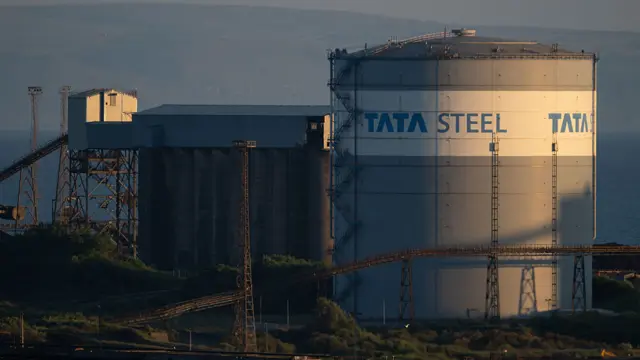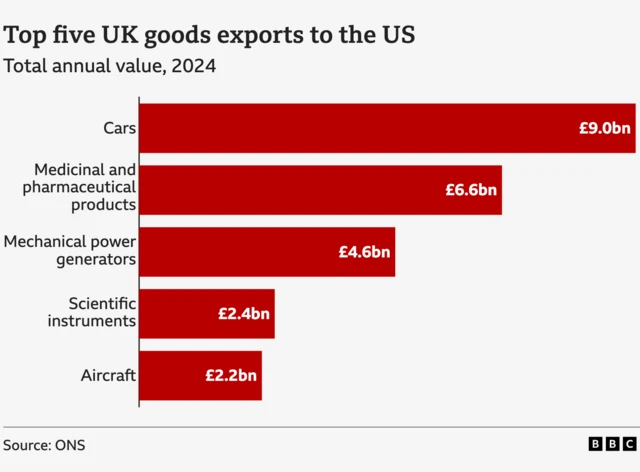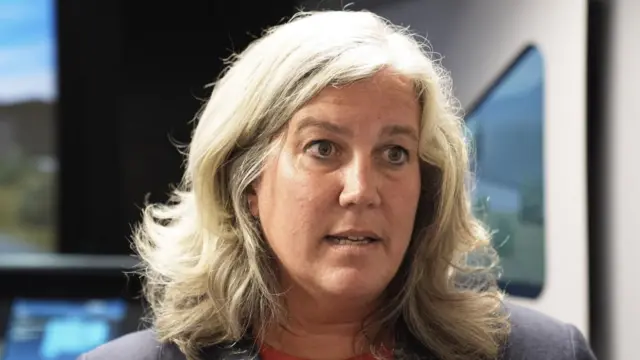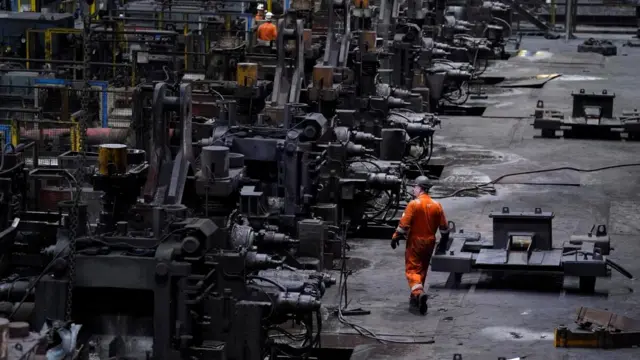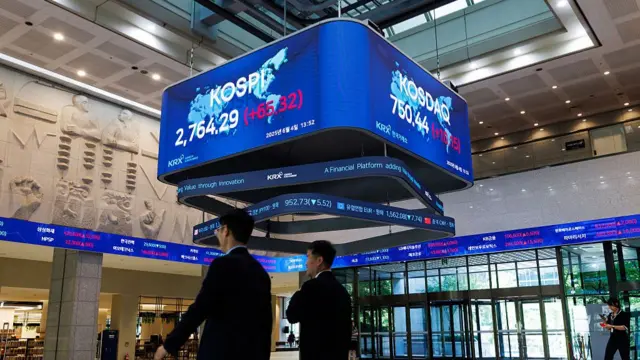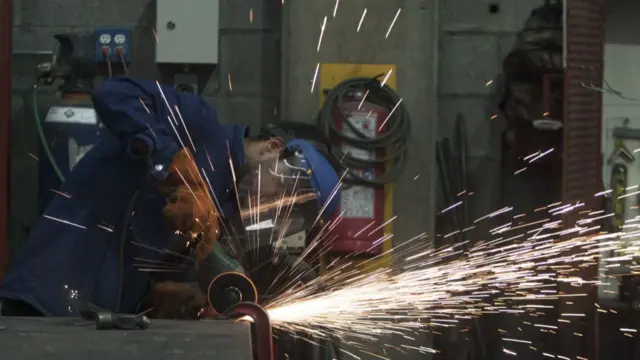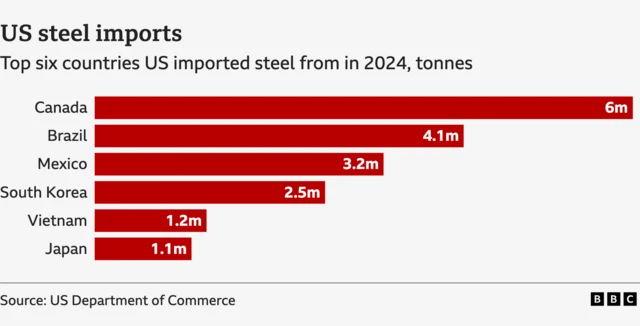
Some relief for steelmakers but UK businesses still face tariff dilemmaspublished at 10:17 BST 4 June
 Dharshini David
Dharshini David
Deputy economics editor
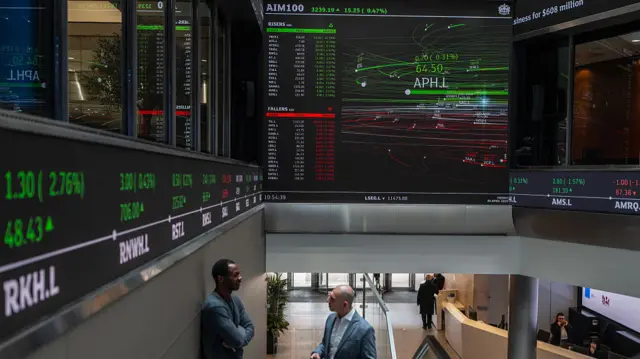 Image source, Getty Images
Image source, Getty ImagesA sigh of relief- or at least some breathing space - for those responsible for selling about £400m worth of steel products to the US.
However, steelmakers still face higher tariffs than they did at the start of the year - as do the vast majority of goods sold from the UK to the US.
Steel makes up less than 1% of our exports to America. Almost £60bn worth of British goods in total went to the US in 2024, most of that will still attract a tariff of 10% this year, despite the recent trade accord between the two nations.
And, as President Trump‘s dissatisfaction with his country’s trade imbalance with the rest of the world persists, that levy is likely to remain.
That means exporters of many items around the country continue to face the dilemma of absorbing those extra costs themselves (which could impact jobs) or in their supply chains - or risk lost sales by passing them on to American consumers.
